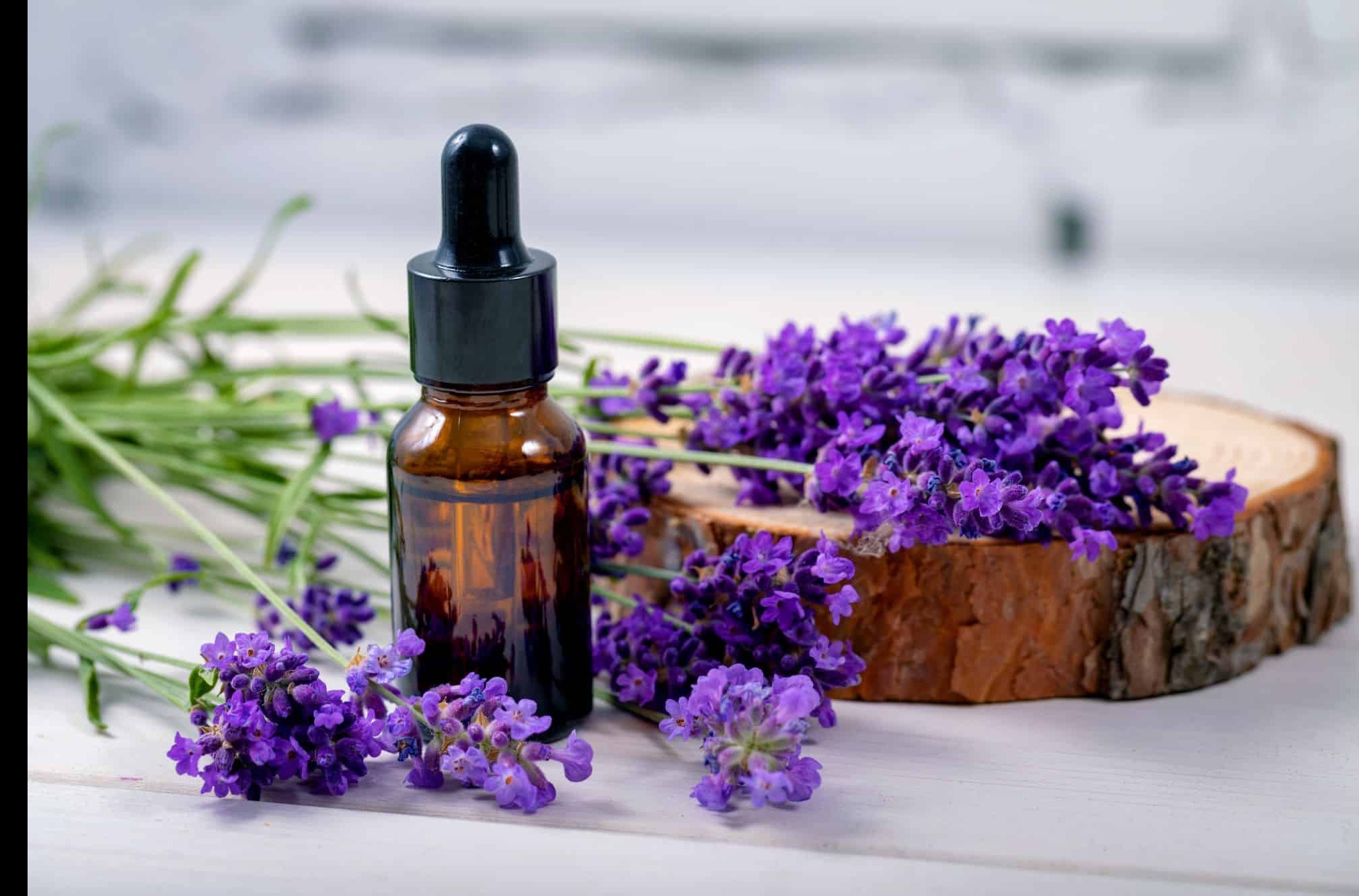
Lemongrass oil is an essential oil derived from the lemongrass plant (Cymbopogon citratus or Cymbopogon flexuosus). It is widely used in various industries, including aromatherapy, perfumery, and culinary applications, due to its distinct citrusy and herbal fragrance. Here are some key aspects of lemongrass oil:
Extraction: Lemongrass oil is typically extracted through steam distillation of the fresh or dried leaves of the lemongrass plant.
Aroma: The oil has a strong, fresh, and lemony scent with earthy undertones. This makes it a popular choice for aromatherapy and as a natural fragrance in various products.
Uses:
Aromatherapy: Lemongrass oil is often used in aromatherapy to promote relaxation, reduce stress, and improve mood.
Insect repellent: The oil is known for its insect-repelling properties and is used in natural insect repellents and citronella candles.
Culinary: In some cultures, lemongrass oil is used as a flavoring agent in cooking, particularly in Southeast Asian cuisines. It adds a citrusy and herbal flavor to dishes.
Skincare: Lemongrass oil is believed to have antimicrobial and astringent properties, making it a common ingredient in skincare products.
Massage and bath: Due to its calming properties, lemongrass oil is used in massage oils and added to baths for a relaxing experience.
Health Benefits: While lemongrass oil is associated with several potential health benefits, such as antimicrobial and anti-inflammatory properties, it's essential to note that more research is needed to confirm these claims.
Precautions:
Essential oils, including lemongrass oil, are highly concentrated and should be used with caution.
It's advisable to perform a patch test before applying lemongrass oil to the skin to check for any adverse reactions.
Pregnant women, nursing mothers, and individuals with certain medical conditions should consult with a healthcare professional before using essential oils.




